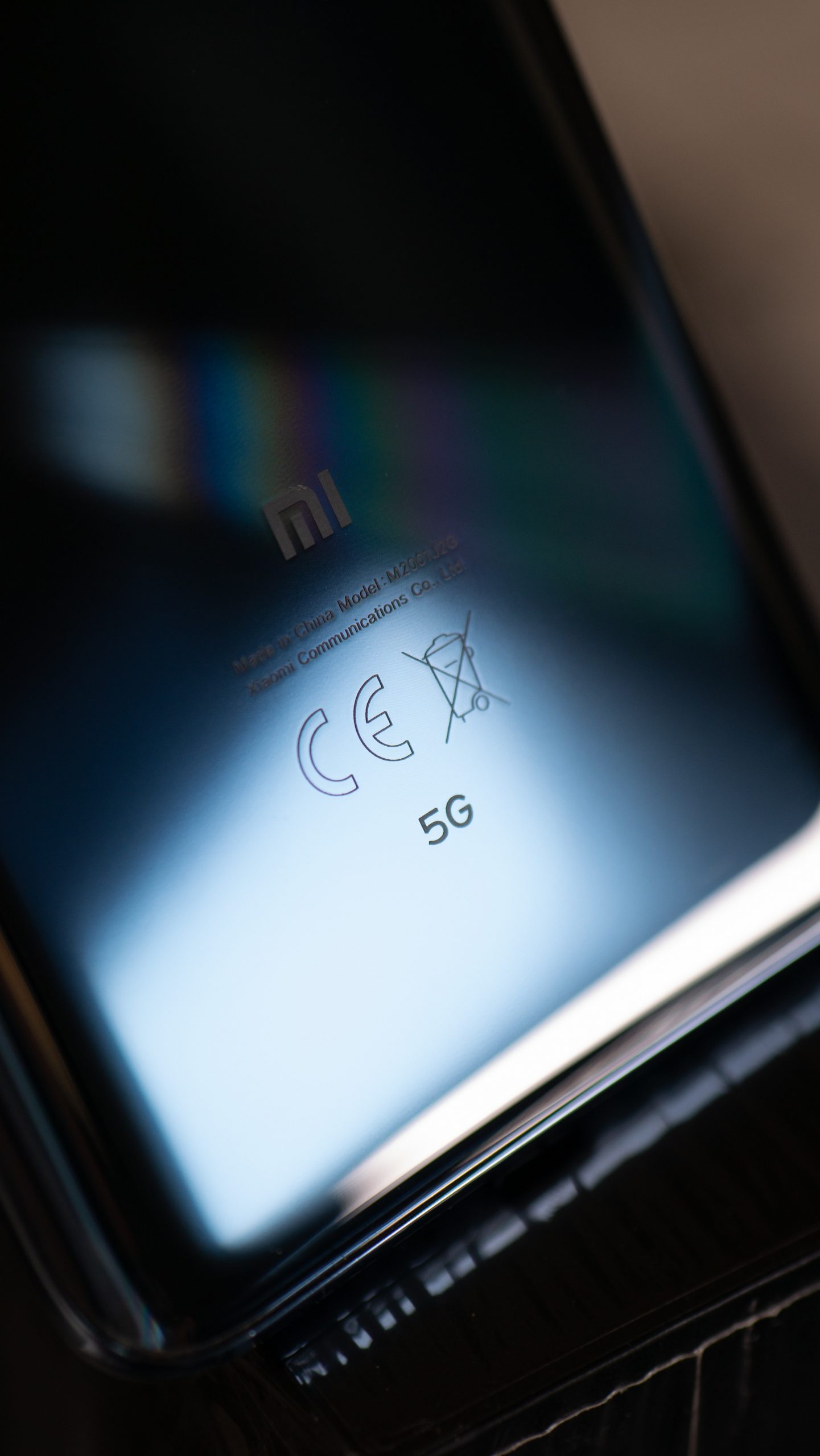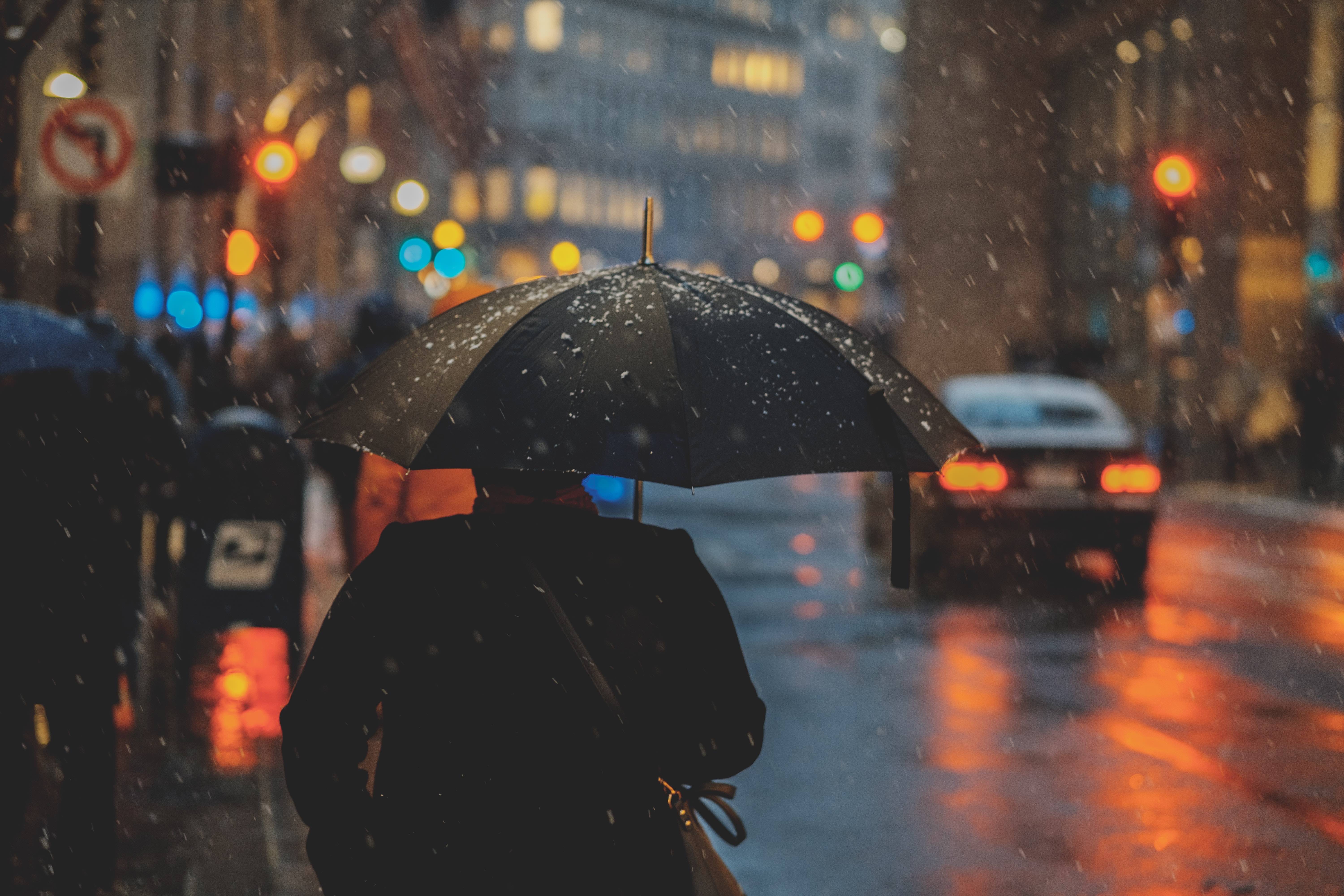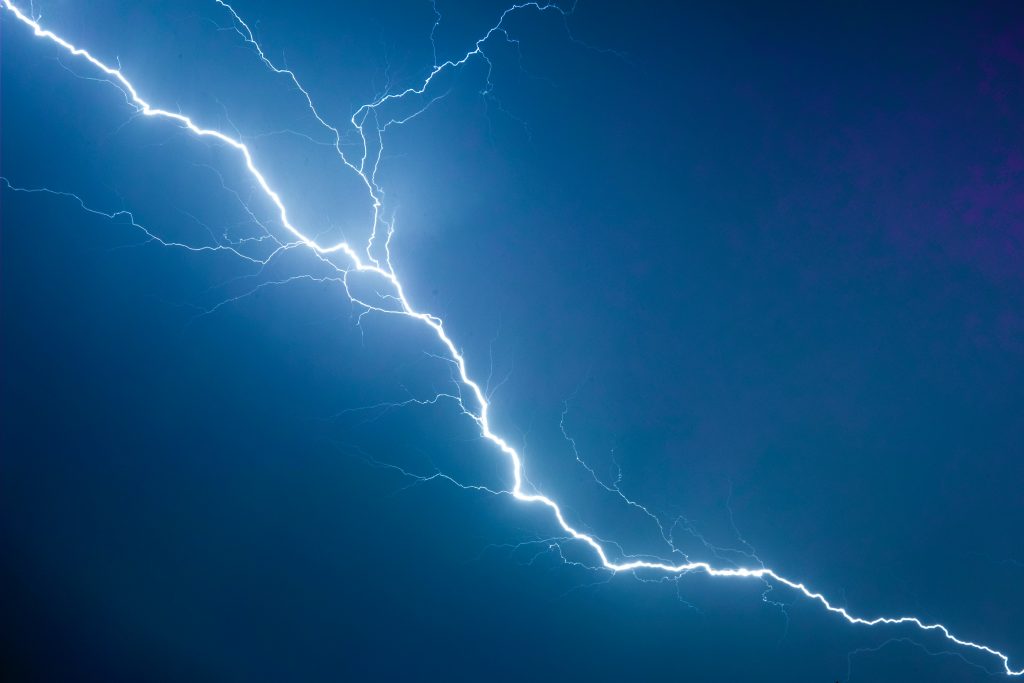Have you seen the recent news reports about the withdrawal of 3G by Mobile Network Operators – And how this move will result in ‘millions of people’ being plunged into ‘digital poverty’ by disconnecting them from the internet?
Much of this reporting goes unchallenged and could be seen as scaremongering – Will the consequences of withdrawing the 3G service actually be this dire?
How much is 3G actually still used?
3G is actually rather old by tech standards. We’ve had 2 further generations of mobile technology since 3G (4G and 5G, obviously). And 6G isn’t far behind them.
Can you believe that Vodafone has been using their 3G service for 18 years? What else in the world of technology is around for so long! Vodafone also happens to be the first MNO to start the 3G withdrawal process. 3G data traffic on their network accounted for just 4% in January 2022. In 2016 it was over 30%.
Did you know that 4G is available to over 99% of the UK’s population whilst they are outdoors? Unfortunately this does fall to between 80 and 87% for geographic coverage. Although, if we’re comparing, 2G only covers 85-93%. We use 2G for basic data like voice and text services.
When will we lose 3G and 2G services?
The government, along with all the major mobile network operators, have agreed that by 2033, 2G and 3G signals will be phased out.
You might be wondering why 3G is being withdrawn first when 2G is obviously older. Well, there are less devices in operation that are critically dependent on 3G services. 4G has been more successful, mainly due to 3G being negatively affected by overpriced spectrum licensing.
2G, on the other hand, is still widely used for basic voice services and limited data for mobiles, as well as other applications like Smart Metres in home energy monitoring systems and similar solutions making it a great low-power fallback option. Therefore, 2G will be around for much longer than 3G.
The gradual withdrawal of 3G services will differ slightly by mobile network operator. You can find out more information on your mobile operator’s plans to phase out 3G below:
- Vodafone UK began the withdrawal of 3G at the start of this year and aims to have phased it out by December.
- Three UK are phasing out their 3G network service gradually over the next 2 years, with it being switched off by the end of 2024.
- EE are starting their 3G withdrawal by first moving customers off 3G, with a view to switching the 3G network off early next year.
- O2 are yet to publicly announce anything but are part of the plans to switch off both 2G and 3G by 2033 and are likely to follow a similar timeline as those above.
Is the phasing out of 3G a good thing or a bad thing?
The recent news reports we alluded to earlier would suggest that the withdrawal of 3G services would disconnect a lot of people from the internet and result in digital poverty for millions. But is the phasing out of 3G really a negative thing, like these reports suggest?
Let’s take a closer look at a couple of the worries surrounding the 3G switch off, and hopefully alleviate them.
‘My 4G signal is weak – Will I be unable to access mobile data?’
We can totally see why this would be a worry. If you find that your 4G signal coverage is weak in your area and your handset often falls back to 3G, it makes sense that you would be concerned that you would be disconnected from mobile data altogether once 3G is switched off. Especially if your fixed line broadband was also poor locally.
What you need to bear in mind is that when the 3G service is switched off, the spectrum that would have been used for that will then be used for 4G and 5G services instead. This means that those who often find their weak 4G signal defaults to 3G, would see an improvement in 4G signal once 3G has been phased out. Happily, this also means that mobile broadband speeds would also improve.
Of course, this does depend somewhat on the operator itself and their approach in your area. There is a chance that some people could have issues if their operator wasn’t to prepare the updated coverage after 3G is phased out. Let’s remember that that’s not in the best interests of the operator either, and all MNO’s are committed to minimising any problems caused by the withdrawal of 3G services.
Don’t forget that a weak 4G signal can actually still be better than a strong 3G signal. The data capability available to you isn’t always accurately depicted by how many signal bars you see on your screen.
It’s also worth noting that current plans for mobile connectivity mean that coverage and performance are only going to improve. The Shared Rural Network, an industry led project worth £1 billion, is working hard to bring 4G to 95% of the UK in geographic coverage by the end of 2025.
What do the operators themselves have to say about the potential problem of weak 4G signal?
It would seem that UK mobile network operators are prepared for the phasing out of 3G and the subsequent effects on 4G signal.
Vodafone says:
“By repurposing the 3G network – we can grow the UK-wide reach of our more energy efficient 4G and 5G networks instead – this means faster data speeds, higher quality voice call services and a chance to continue improving connectivity in previously ‘cut-off’ areas, including rural communities and the London Underground.”
- They will be optimising their 4G and 5G networks as a part of their phasing out of 3G. In fact, some of their 3G spectrum has already been re-directed as a part of this plan.
- They have also contacted customers of theirs who could be impacted by issues once 3G has been switched off. So no news is probably good news!
Three says:
“Retiring 3G enables us to repurpose network assets where our customers need them (4G&5G) … this plan has been carefully developed by our network teams to ensure that it benefits our customers.”
- A tiny 3% of their network traffic was 3G so they expect minimal disruption
- They believe their customers can expect “faster downloads, better quality streaming and a more reliable experience” when 3G is switched-off.
- Ahead of the 3G switch off, Three are upgrading many of their legacy 3G sites and repurposing them for newer technologies.
- They suggest that customers who have a 4G / 5G compatible handset will not be impacted by the phasing out of 3G.
EE says:
- Whilst the re-farming of 3G will be a process that takes time, the spectrum used for 3G is planned to be used for 4G and 5G, just not immediately. The locations that have the highest need (those that are congested or at risk of congestion) will be the initial focus for the reuse of 3G spectrum.
- This operator is focusing on making sure that their 4G has enough capacity to cope once 3G has been switched off. In areas where they have both a 3G and 4G service, the 3G doesn’t generally reach beyond that of their 4G services. They believe they have the tools to identify if any work is needed on spectrum and in what areas so that they can be prioritised.
- They are currently refreshing their 4G and 5G network and replacing some 5G vendor equipment. They need to finish this network refresh before they can re-farm the 3G spectrum. Once the work has been completed, it will be easier to use the remaining 5MHz from the 3G spectrum. Upgrades will be a mix of remote and site visits depending on configuration. Only modernised sites will be able to re-farm the 3G spectrum to be used for 4G and 5G, hence why the process will take some time.
O2 says:
Not a lot… Yet! As we said above, O2 haven’t publicly announced their plans to phase out 3G services like the other operators have so it’s all a bit quiet from the O2 camp.
‘I have an old device that doesn’t have 4G capabilities – How will I get online when 3G is phased out?’
The DPA (Digital Poverty Alliance) is concerned that people with older, more basic devices that don’t have 4G capabilities will fall into ‘digital poverty’ once 3G is phased out if they rely on that device to get online.
But is this a legitimate concern? Here are some reasons why this may be an unfounded worry.
- There are basic phones that have 4G capabilities that have been available on the market for a number of years. They are generally lower cost than more elaborate devices, at around £20-£50 for the handset.
- Operators often offer bundles with cheap plans and almost free handsets on the more basic models
- Some operators and charities give more vulnerable users basic handsets for free, so they only need to pay for the tariff
That being said, we realise that there will be people out there that may currently have a device that doesn’t support 4G. There are options out there so anyone who is worried have a shop around – A basic 4G compatible handset and monthly plan for less than £10 a month are out there.
The best option if you are concerned is probably to ring your current operator and see what they can offer you.
How Can You Make Sure You’re Not Affected by the 3G Switch Off?
We’re not saying that nobody will be affected by the phasing out of 3G services. There are always going to be the odd few where unique cases mean that something goes awry. Let’s bear in mind that some handsets will have better reception than others!
We’re feeling hopeful that the operators will have planned the 3G withdrawal properly and will minimise the impact on their customers. I guess we’ll find out!
Saying that, here are a few things you can look out for to try and minimise any disruption to your coverage and connections:
- Ensure your current handset (or any new one you buy) has VoLTE (Voice-over-LTE) capability. Not all 4G handsets can make calls over the same generation of network technology, but if your handset supports the above it will be helpful.
- Choose a handset that supports Wi-Fi Calling. Whilst not as common on the more basic handsets, if you have a home broadband connection then this would come in very handy.
- Anyone with a 4G handset having issues after the 3G switch off should perhaps consider changing mobile operator and see if that fixes the problem. Each operator will have different coverage, varying by site, so it might be worth switching around. This also goes for the above – If you have a VoLTE or Wi-Fi Calling enabled handset but are having issues, it could be the operator.
- Remember that when making calls and texts, 3G/4G handsets will fall back to 2G if having trouble anyway.
Despite the sensationalised articles about the phasing out of 3G services in headline news, try not to worry. We deal with technological advances all the time in this modern world. You could choose to see the withdrawal of 3G as an upgrade to 4G/5G instead of a negative.
There may well be teething problems for a small percentage of mobile users, but we’re pretty sure that mobile operators will find a solution that works for all when the time comes to switch off 3G services.









